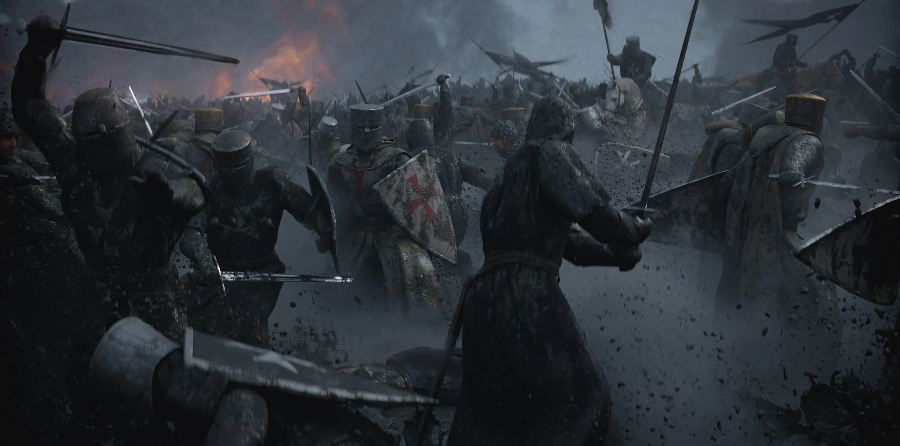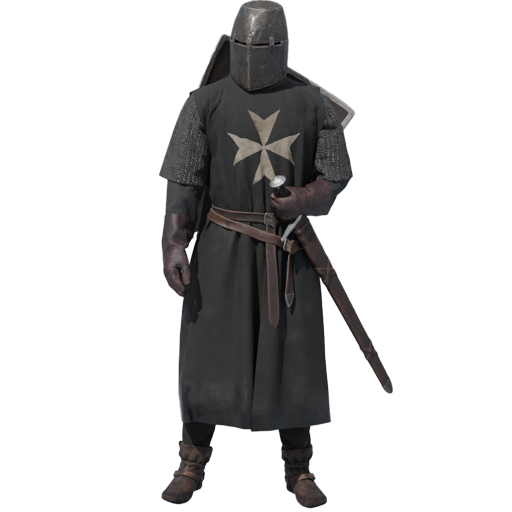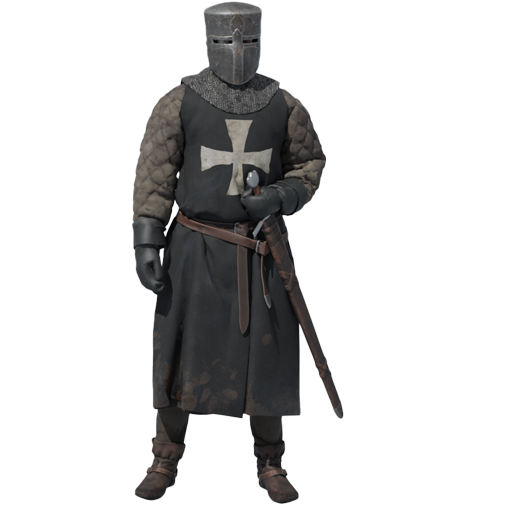
Battle of Kinsale
1601 was a pivotal year in Ireland
The battle in the coastal town of Kinsaledetermined the fate of the island and her people to this day.
History

The Battle of Kinsale, fought on December 24, 1601, marked a pivotal moment in Irish history, signaling the end of the Nine Years' War and the consolidation of English rule over Ireland. The battle pitted an alliance of Gaelic Irish lords, led by Hugh O'Neill, Earl of Tyrone, and Red Hugh O'Donnell, against an English army commanded by Lord Mountjoy, with Spanish support for the Irish cause.
The events leading up to the battle were complex and multifaceted. The Nine Years' War, which erupted in 1594, was a rebellion by Gaelic lords against English rule. O'Neill and O'Donnell, seeking to regain their lost lands and revive Gaelic culture, sought Spanish assistance. In 1601, a Spanish force landed at Kinsale, a strategically important port in southern Ireland, to bolster the Irish cause.
The ensuing battle was a decisive clash between two opposing forces. The English army, under the leadership of Mountjoy, employed advanced tactics and artillery, while the Irish-Spanish alliance relied on traditional Gaelic warfare strategies. Despite their numerical advantage, the Irish-Spanish forces were outmatched by the English in terms of discipline, weaponry, and leadership.
The battle ended in a resounding defeat for the Irish-Spanish alliance. O'Neill and O'Donnell were forced to retreat, and the Spanish forces were captured. The defeat at Kinsale marked the turning point in the Nine Years' War, effectively ending the Gaelic lords' resistance and paving the way for English dominance over Ireland.
The Battle

24 December 1601 Early morning
The dawn of this day predicated the commencement of the battle.

Gaelic Irish Forces
A prominent Gaelic Irish leader who led the Nine Years' War against English rule, renowned for his military prowess and strategic brilliance.

English Forces
A charismatic Gaelic Irish chieftain who joined forces with Hugh O'Neill to combat English rule, known for his daring raids and unwavering resistance.

Spanish Forces
A seasoned Spanish general dispatched by King Philip III to aid the Gaelic Irish cause, recognized for his military experience and leadership skills.

Gallowglasses
A skilled English commander who led the English forces to victory at Kinsale, credited with his strategic acumen and effective use of artillery.
Hugh O Neill
A prominent Gaelic Irish leader who led the Nine Years' War against English rule, renowned for his military prowess and strategic brilliance.
Don Juan del Águila
A seasoned Spanish general dispatched by King Philip III to aid the Gaelic Irish cause, recognized for his military experience and leadership skills.
Red Hugh O'Donnell
A charismatic Gaelic Irish chieftain who joined forces with Hugh O'Neill to combat English rule, known for his daring raids and unwavering resistance.
Charles Blount, Lord Mountjoy
A skilled English commander who led the English forces to victory at Kinsale, credited with his strategic acumen and effective use of artillery.
Consequences
The Battle of Kinsale, fought on December 24, 1601, marked a turning point in Irish history, effectively ending the Gaelic Irish resistance to English rule. The battle, which saw an English-led army defeat a combined force of Gaelic Irish and Spanish troops, had far-reaching consequences for Ireland, shaping the country's political, social, and religious landscape for centuries to come.
- End of Gaelic Irish Resistance :
- The defeat at Kinsale dealt a severe blow to the Gaelic Irish aristocracy, shattering their hopes of regaining control of Ireland. With their military leaders subdued, the Gaelic lords were forced to surrender their lands and titles to the English Crown, marking the end of their traditional system of rule.
- English Consolidation of Power :
- The English victory at Kinsale solidified their control over Ireland, paving the way for a more centralized administration. The English Crown implemented policies aimed at anglicizing the Irish population, suppressing Gaelic culture and language, and establishing Protestantism as the dominant religion.
- Flight of the Earls :
- In the aftermath of Kinsale, many Gaelic lords, fearing further persecution, chose to flee Ireland, taking with them their wealth, knowledge, and cultural traditions. This exodus, known as the Flight of the Earls, further weakened the Gaelic Irish and accelerated the Anglicization of Ireland.
- Plantations and Land Confiscation :
- The English government sought to secure its control over Ireland by confiscating land from Gaelic lords and granting it to English and Scottish settlers. These plantations, particularly in Ulster, led to widespread displacement of the native Irish population and contributed to ethnic tensions.
- Suppression of Gaelic Culture :
- Under English rule, Gaelic culture was actively suppressed. The Irish language was discouraged, Gaelic schools were closed, and traditional practices were outlawed. This suppression of Gaelic heritage had a profound impact on Irish identity and culture.
- Economic Deprivation :
- The policies of the English government and the confiscation of Gaelic lands contributed to widespread economic hardship in Ireland. The native Irish population was often marginalized and excluded from opportunities for economic advancement.